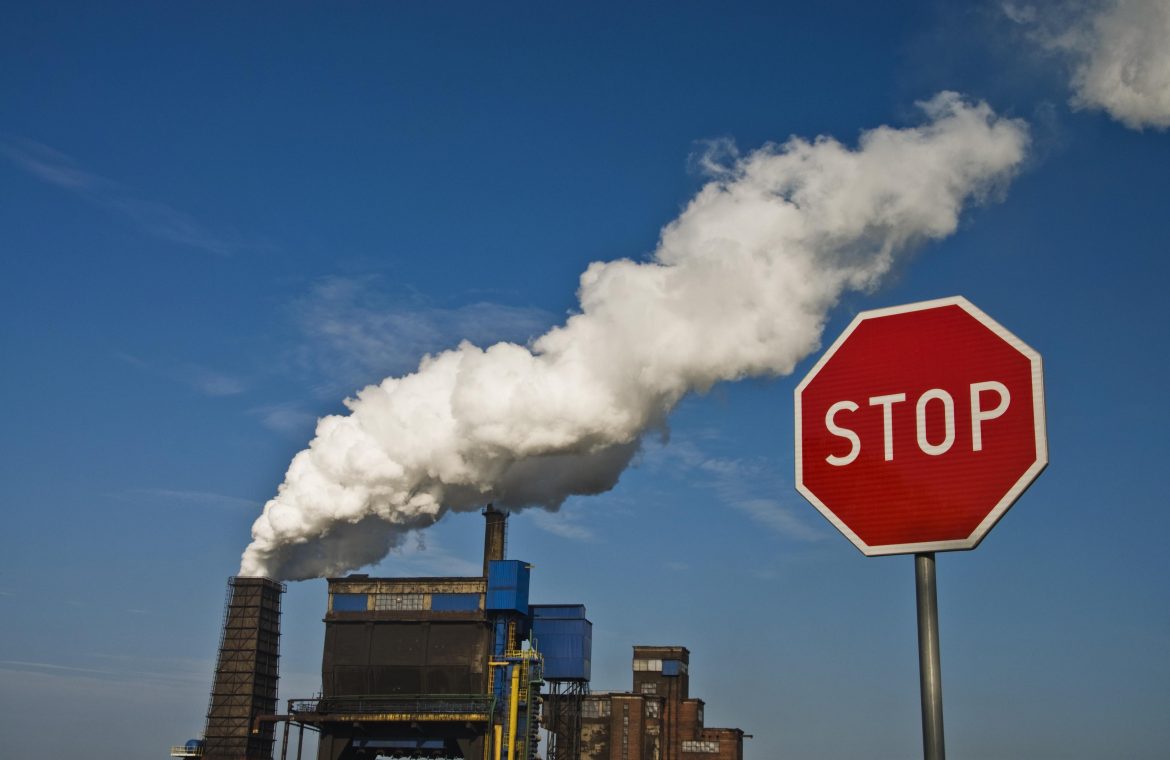The UK will face a dangerous increase in public debt as a result of its environmental efforts to achieve zero CO2 emissions for the entire economy by 2050.
The Office of Financial Responsibility (OBR) estimates assume three basic scenarios. The first is about taking quick action globally, which could lead to a smaller increase in debt, less severe than in the case of the coronavirus pandemic.
The early action scenario would increase net public sector debt by 21%. In the years 2050-51, which, in terms of current conditions, amounts to about 469 billion pounds (650 billion US dollars).
This is a slightly smaller increase in net debt compared to as a result of the pandemic, OBR assesses. The authority assumes the government will incur about a quarter of £1.4 trillion in “zero” carbon emissions cost to the British economy by 2050, a net cost of £344 billion combined with providing energy efficiency.
Spanning three decades, this accounts for an average of just 0.4 percent of GDP annually, according to the report.
The second scenario is deferred action, in which no decisive global action to combat climate change is taken by 2030, and only then will it be accelerated. As a result, the debt in 2050-51 will be 23 percent. higher than in the early action scenario.
On the other hand, the third case predicts that no action will be taken by the end of the century. In such a scenario, the debt would rise to 289%. In terms of GDP, compared to about 100 per cent. in this time.
OBR also calculated that the impact of a one percentage point increase in interest rates on public debt servicing costs is now six times greater than it was before the 2007-2009 financial crisis and almost double what it was before the pandemic.





